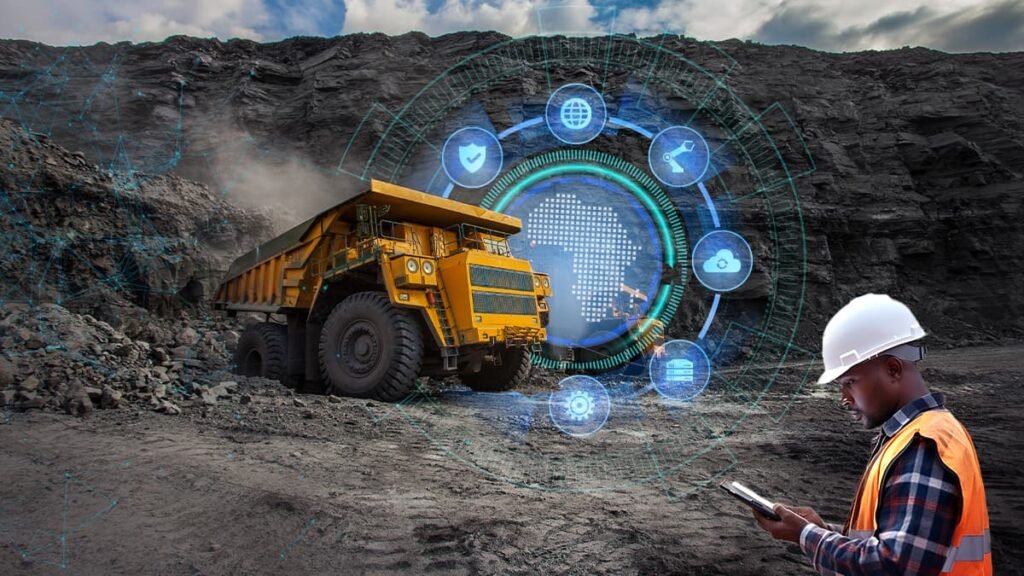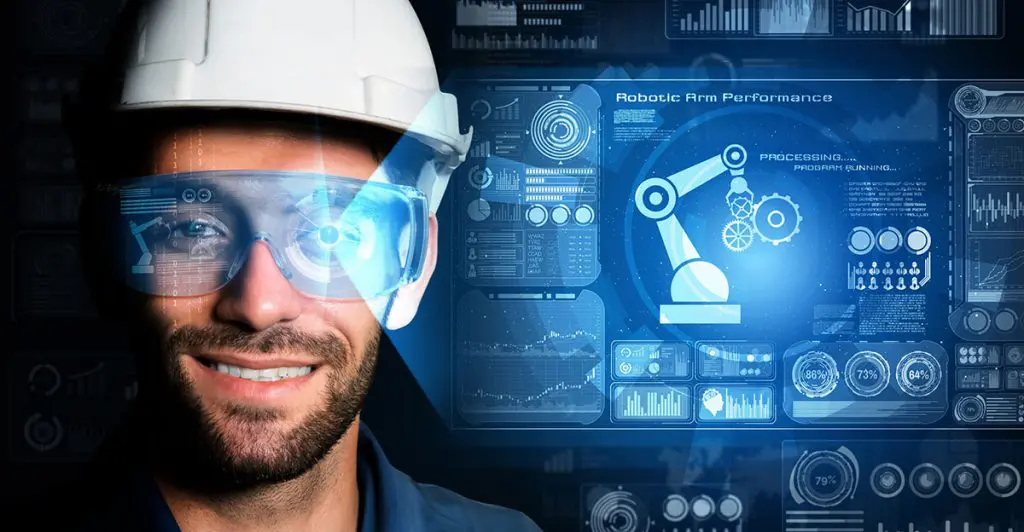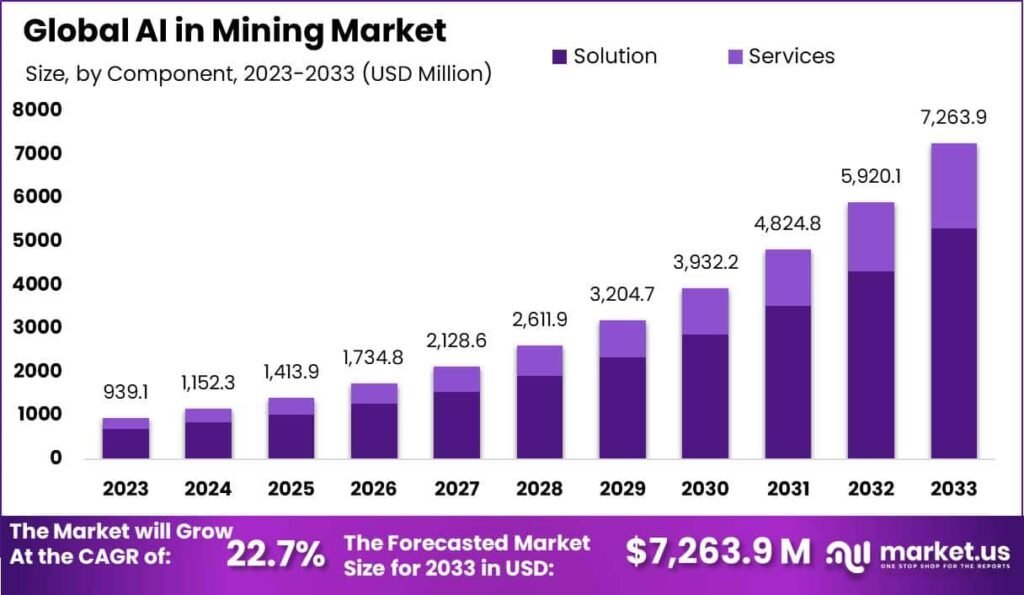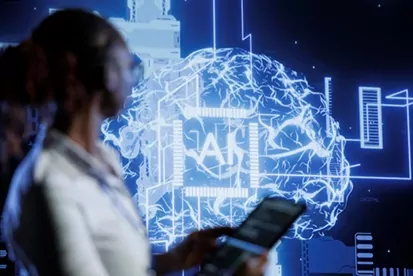AI Mining in Africa


AI mining in Africa refers to the use of Artificial Intelligence (AI) and advanced data technologies to improve efficiency, safety, and sustainability across the continent’s mining sector. From exploration to operations and environmental monitoring, AI is helping African mines become smarter, safer, and more competitive in the global market.
Here’s a clear overview of how AI is reshaping mining in Africa.
1. What Is AI Mining?
AI mining involves using machine learning, predictive analytics, computer vision, and automation to:
- Analyze geological data for mineral discovery
- Optimize drilling and extraction processes
- Predict equipment failures and reduce downtime
- Enhance worker safety through real-time monitoring
These tools are increasingly adopted by both large-scale mines and tech startups across Africa.

2. Key Applications of AI in African Mining
| Application | How It Works |
|---|---|
| Mineral Exploration | AI analyzes satellite imagery, geophysical data, and historical records to identify high-potential zones |
| Predictive Maintenance | Sensors and AI detect early signs of equipment wear in haul trucks and drills |
| Autonomous Operations | Self-driving trucks and drones used in large open-pit mines (e.g., Sibanye-Stillwater) |
| Safety Monitoring | AI-powered cameras detect unsafe behavior or rockfall risks underground |
| Resource Estimation | Machine learning models improve accuracy of ore grade predictions |
3. Leading Examples in Africa
- South Africa:
- Gold and platinum mines use AI for seismic risk prediction and automated ventilation systems
- Companies like Anglo American and Sibanye-Stillwater deploy AI-driven digital twins of mines
- Ghana & Mali:
- Startups use AI to support artisanal miners with gold detection apps and remote sensing
- DRC & Zambia:
- AI helps monitor copper-cobalt supply chains for ethical sourcing and traceability
- Zimbabwe & Namibia:
- Lithium explorers apply machine learning to speed up resource modeling

4. Benefits of AI in African Mining
- Increased Efficiency: Faster decision-making and optimized workflows
- Cost Reduction: Less downtime and lower energy consumption
- Improved Safety: Early warnings for rockfalls, gas leaks, and equipment failure
- Environmental Protection: AI monitors water use, emissions, and land degradation
- Support for Local Innovation: African tech firms are developing AI solutions tailored to local conditions

5. Challenges and the Road Ahead
Challenges:
- Limited digital infrastructure in remote areas
- High initial investment costs
- Skills gap in AI and data science
- Data privacy and cybersecurity concerns
Opportunities:
- Partnerships between mining firms and African tech startups
- Government support for digital transformation under industrialization plans
- Integration with renewable energy and green mining initiatives

FAQs
Q1: Is AI being used in mining in Africa?
A1: Yes—major companies and startups are adopting AI for exploration, safety, automation, and supply chain transparency.
Q2: How does AI help find minerals?
A2: By analyzing vast datasets from satellites, sensors, and drilling logs to predict where valuable deposits are likely to exist.
Q3: Can AI benefit small-scale miners?
A3: Yes—mobile AI apps can assist artisanal miners with gold detection, environmental compliance, and fair pricing.
Conclusion
AI mining in Africa is no longer futuristic—it’s happening now. As technology becomes more accessible, artificial intelligence is set to revolutionize how minerals are discovered, extracted, and managed, making Africa’s mining industry safer, cleaner, and more efficient.

